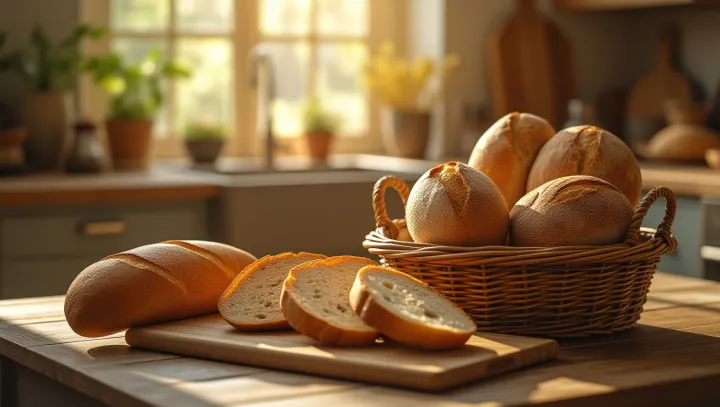Secrets of Healthier Homemade Bread

In kitchens around the world, the dawn brings the enticing aroma of freshly baked bread, a staple that is being reassessed for its health implications. Recently, health experts, including nutritionist Dr. Sarah Collins of the Health Institute, have highlighted the potential health benefits of homemade bread, particularly whole grain options.
Compared to commercial bread, homemade variants often contain fewer preservatives and additives. The wave of interest in making bread at home, fueled partly by the global trend of 'slow food,' allows consumers greater control over their ingredients. With an abundance of recipes available, such as those in European-style artisanal bread, individuals can opt for unrefined whole grains, adding essential fiber and nutrients to their diet.
While the convenience of store-bought bread is undeniable, advocates for homemade bread emphasize the ability to avoid artificial ingredients. Agatha Larson, a renowned culinary artist, notes, 'Homemade bread isn't just a meal; it's an experience. Each batch is crafted with care, offering a deeper connection to our food sources.' As awareness grows, more households are beginning their mornings with the satisfaction of baking and consuming homemade bread.
This movement aligns with a broader cultural shift towards healthier, more transparent food practices. For those seeking to embrace this trend, myriad guides and resources provide step-by-step instructions for bread enthusiasts of all skill levels.
